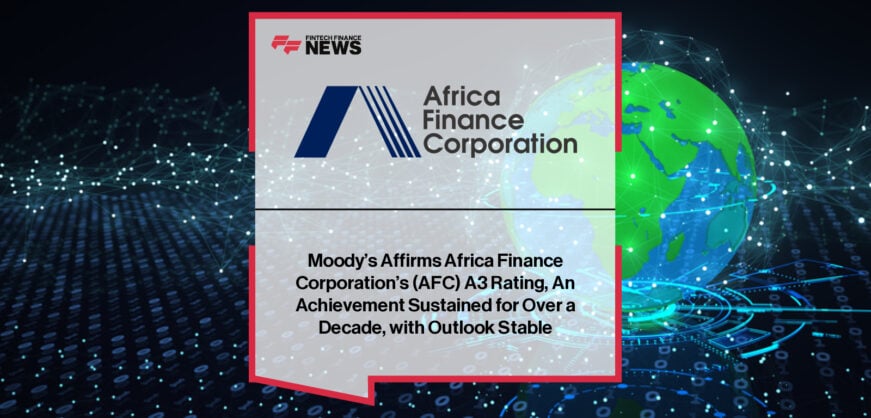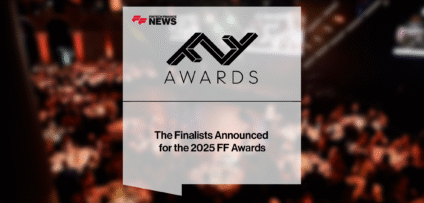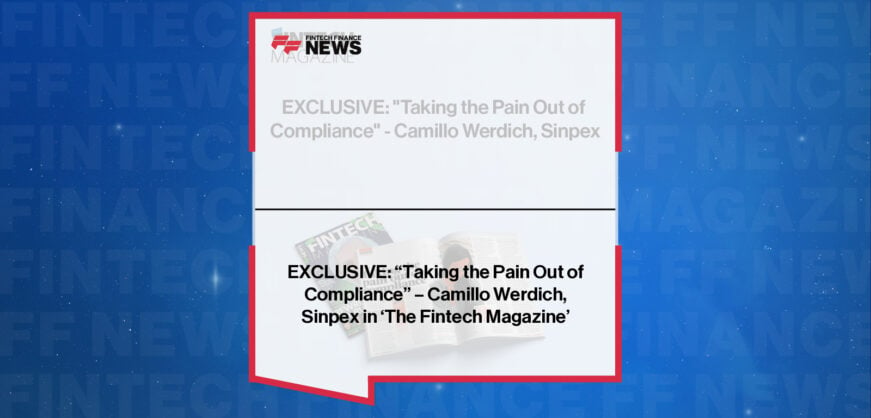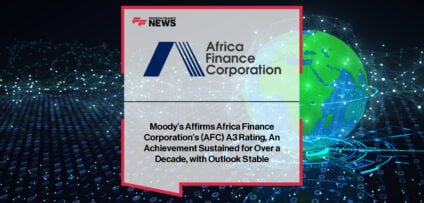Breaking News
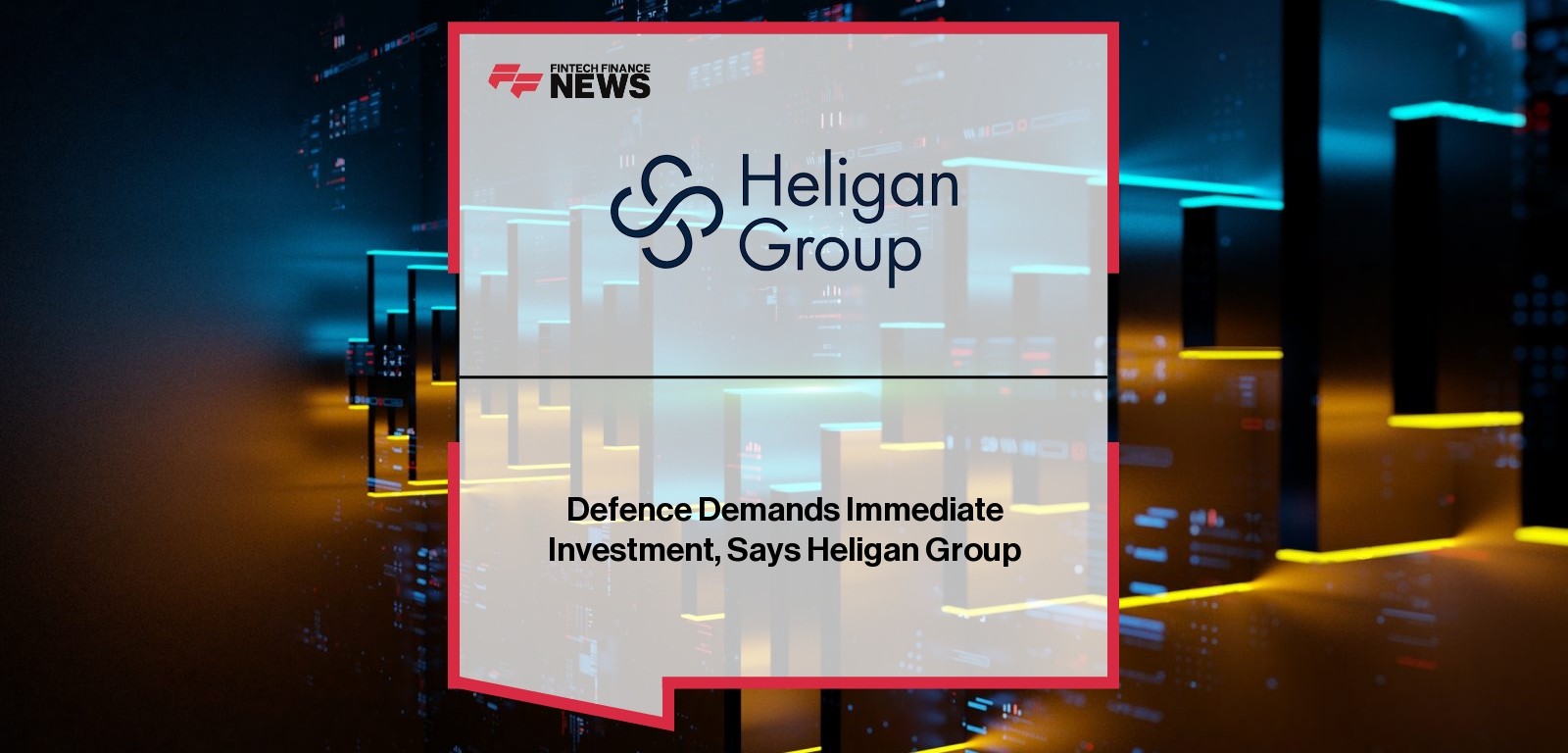
Defence Demands Immediate Investment, Says Heligan Group
Defence stocks have seen significant gains in recent weeks, with BAE Systems’ stock price rising by around 3% from the start of trading on June 2nd to the end of June 3rd. Meanwhile, Rolls Royce, another key player in Britain’s defence industry, rose by 3.6% in the same period.
The main influences for ongoing change include:
- the NATO ‘Peace Dividend’ and historic reliance on the US military
- Ukraine’s conflict and proximity to Europe
- the US approach to conditional support
- Russia’s indifference to negotiate or cease conflict
- cyber warfare and corporate ransom
Nick Leitch, Managing Partner at Heligan Group, said, “For decades, the ‘Peace Dividend’ has enabled the UK and Europe to focus on infrastructure and welfare investment to facilitate prospering economies and populations. Security was maintained but not seen as a priority and has eroded in scale and capability over time.
“Investment in broader technology and its empowerment of individuals and businesses has accelerated activity and communication via real-time connectivity. This is where traditional defence and national security spending pivoted towards investing in security technologies, more so than hardware and ‘boots on the ground.”
For Western economies, a more recent influence has been ESG, with institutional investment and corporate lending to fuel defence becoming more problematic to access. Therefore, aspirations to keep up appearances of good corporate citizenship, moved capital away from defence due to a perception of potential reputational risk.
“Being a good corporate citizen is admirable, but we have geopolitical neighbours such as the US walking back its support for NATO, and Russia which views Ukraine as an economic and political policy initiative rather than a conflict,” added Leitch.
“The UK government’s Strategic Defence Review has set an ambition to achieve defence and security spending of 2.5% GDP (c6% of total expenditure) by 2027 and 3% by the next parliament. However, Russia will spend an equivalent of 8%+ of GDP, which equates to 40%+ of total expenditure aiding their cyber warfare activities, targeting corporations and seeking to paralyse systemic national infrastructure.
“In light of all this, public and corporate sentiment is now leaning into the defence and security technology markets. Banks and investors, once reticent, have a newfound enthusiasm for supporting these technologies as a necessity to sustain normal life and a deterrent to anything more sinister.”
The UK remains one of the most highly regarded countries for its defence, military, intelligence and law enforcement communities, renowned for its revered expertise and capabilities, driven by the quality of people and unremitting pursuit of excellence.
“With defence prime contractors such as BAE, QinetiQ, Babcock, Thales and Boeing, the UK has companies, who like automotive OEMs, are at the top of the sector and supporting supply chains that continue to create and deliver security technologies via hardware, software and services.”
“Corporate activity levels are increasing and being enhanced via government spending. This includes the level of investment interest in opportunities across national security, crime prevention and public safety that will also pivot into dual technologies for corporate and government,” concluded Leitch.
People In This Post
Companies In This Post
- EXCLUSIVE: “Taking the Pain Out of Compliance” – Camillo Werdich, Sinpex in ‘The Fintech Magazine’ Read more
- U.S. Bank Leverages Gen AI for Banking Services Read more
- Moody’s Affirms Africa Finance Corporation’s (AFC) A3 Rating, An Achievement Sustained for Over a Decade, with Outlook Stable Read more
- Business Show Media, Organizer of the World’s Largest Business Events, Reimagines the White Label World Expo for an Exciting New Era Read more
- The Finalists Announced for the 2025 FF Awards Read more






